Article Topics
Probiotics for Autism
Introduction
Probiotics are “good” bacteria that help maintain a healthy gut and support a healthy immune system. Probiotics have been shown to help with digestion, immunity, sleep and even mood! Not only do probiotics help support regularity and overall digestive health, they also have been shown to help support immune health.
Researchers are interested in studying the gut-brain connection.
The gut-brain connection is a two-way street. The health of your gut can affect the health of your brain, and vice versa. It has been shown that the gut microbiome (the collection of bacteria in our digestive systems) plays an important role in both mental and physical health, potentially influencing behavior and learning ability in children with autism spectrum disorder (ASD).
It’s not just about probiotics for autism; there’s also evidence that infections from viruses or parasites may play a part in ASD development. For example, children with severe cases of ASD are often found to have high levels of antibodies against Toxoplasma gondii—a parasite that infect cats before it can spread to humans through contact with cat feces—but not everyone exposed to this parasite goes on to develop symptoms similar to those seen in ASD patients.
Research on a survey of 40 children with autism found that 75% had gastrointestinal symptoms.
A recent study surveyed 40 children with autism to determine their gut health and any changes that could be made. The research team found that 75% of the participants had gastrointestinal symptoms, including chronic constipation, bloating and abdominal pain.
The authors of the study explained that “the gut-brain connection” is a new area of research that is gaining traction in medical circles. This connection refers to how the brain communicates with our gastrointestinal system—a process called the gut-brain axis (GBA). The GBA is important for healthy functioning because it helps maintain normal digestion, mental health and emotional well-being.
Researchers think the imbalance in the gut is changing the way that the body communicates with the brain.
The gut-brain connection is a two-way street, and it is essential to how the body communicates with the brain. The gut produces 90% of our serotonin and 50% of our dopamine, two neurotransmitters that are important in regulating mood, sleep patterns and behavior. The gut also produces 95% of our circulating levels of GABA (gamma-aminobutyric acid), another neurotransmitter that calms down neurons in the brain.
In addition to these neurochemicals produced in your digestive tract, there are many other ways that your gut is communicating with your brain:
- 90% of intestinal serotonin (a chemical responsible for keeping us feeling happy) comes from bacteria living inside us—not from our own bodies!
Probiotics are “good” bacteria that help maintain a healthy gut and support a healthy immune system.
Probiotics are “good” bacteria that help maintain a healthy gut and support a healthy immune system. Probiotics are also known as “good” or “helpful” bacteria, or “friendly” bacteria. The word probiotic comes from the Greek and Latin words for “for life.”
Probiotics are available in many forms, including food sources such as yogurt with live cultures, supplements, tablets, powders and liquids. They can be found in health food stores and grocery stores near other supplements.
Here are some Safe and Tested Probiotic Products:
You can use Promo Code UPG for 20% off
You can find more trusted products here.
What are probiotics?
Probiotics are “good” bacteria that help maintain a healthy gut and support a healthy immune system. They’re naturally found in some foods—for example, yogurt, kefir and certain types of pickles.
There’s no single type of probiotic supplement that works for everyone—it depends on you or your child’s needs and what his or her doctor recommends. It’s best to talk with your child’s doctor before taking any new supplements to make sure they’re safe for him or her and won’t interact with any other medications or treatments you might already be taking.
When researchers studied mice who had autistic behaviors, they found that their guts were less diverse.
Researchers at the University of California San Diego School of Medicine tested the gut bacteria of mice with autistic behaviors and found that they had less diversity than non-autistic mice. In a press release, senior author Charles Raison said: “This work suggests that an altered microbiome may contribute to some aspects of autism.”
“We think these results are interesting, but we don’t know if what happens in mice will be applicable to humans,” he added. “We’re just trying to get people thinking about it.”
How do probiotics help?
Probiotics are known to help with digestion, support the immune system, help reduce allergies and eczema symptoms, and even promote weight loss. In addition to these benefits probiotics can also be helpful for people with anxiety and depression. Many studies have shown that probiotic supplements can improve mood in people who suffer from depression or anxiety disorders.
Some studies have also linked probiotic supplements to improved sleep quality as well as regularity of bowel movements (or lack thereof).
Studies have shown that there is a connection between GI problems and behavioral issues in kids with autism.
Studies have shown that there is a connection between GI problems and behavioral issues in kids with autism.
GI problems can include constipation, diarrhea, reflux and bloating. They are often caused by stress or anxiety, which can also affect the brain function of an individual with autism spectrum disorder (ASD). Poor diet is another potential cause of GI issues in those with ASD.
Examples of probiotics include some yogurts, kefir, sauerkraut, pickles, miso soup, kimchi, kombucha, tempeh and many others.
- Probiotics are bacteria that live in your gut and help break down food.
- They’re found in some fermented foods like yogurt, kefir, sauerkraut, pickles, miso soup and kimchi.
- You can also take probiotic supplements if you don’t eat enough of these foods.
Probiotics can be taken as a supplement or eaten as part of food. They come in powder (for mixing into food or drinks), capsules or pills.
Probiotics are available as a supplement, an additive to food or drinks, and in some foods like yogurt, kefir, sauerkraut and pickles.
The microbiome (the billions of microorganisms in your body) can affect so many things like digestion, immunity, sleep and even mood! Not only do probiotics help support regularity and overall digestive health but they also have been shown to help support immune health.
First, it’s important to understand what the microbiome is and how it affects your overall health and wellness. The microbiome refers to a collection of microorganisms that live in your body. There are trillions of these little bugs in there, including bacteria, yeast and viruses. Each person’s microbiome is unique—no one else has exactly the same collection as you do!
The microbiome can affect so many things like digestion, immunity and even mood! Probiotics are good for the microbiome because they help support regularity and overall digestive health. They also have been shown to help support immune health.
Conclusion
Probiotics are a great way to support the health of your gut, immune system and overall body. If you have children with autism, it is important to look into probiotic supplements that are safe for kids.

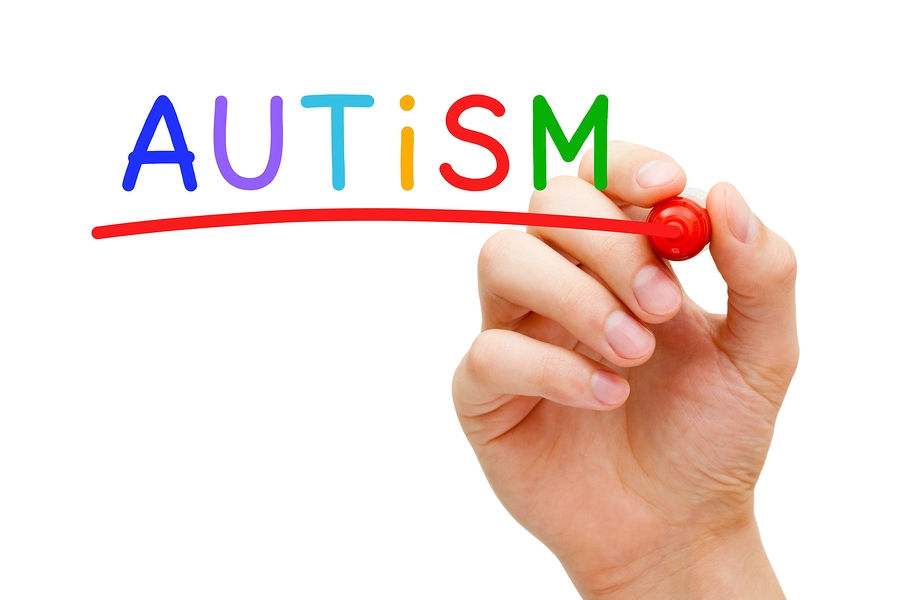
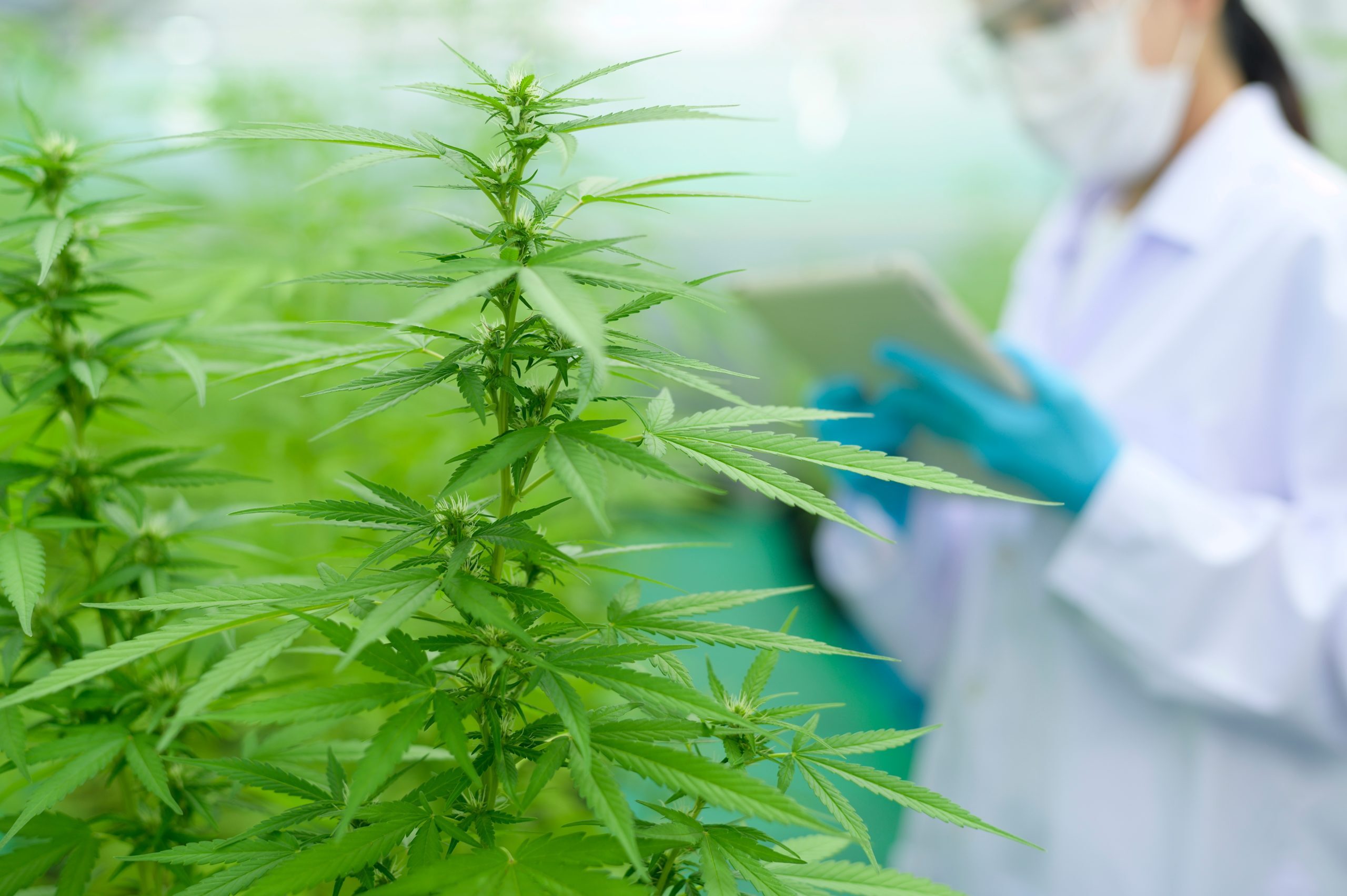

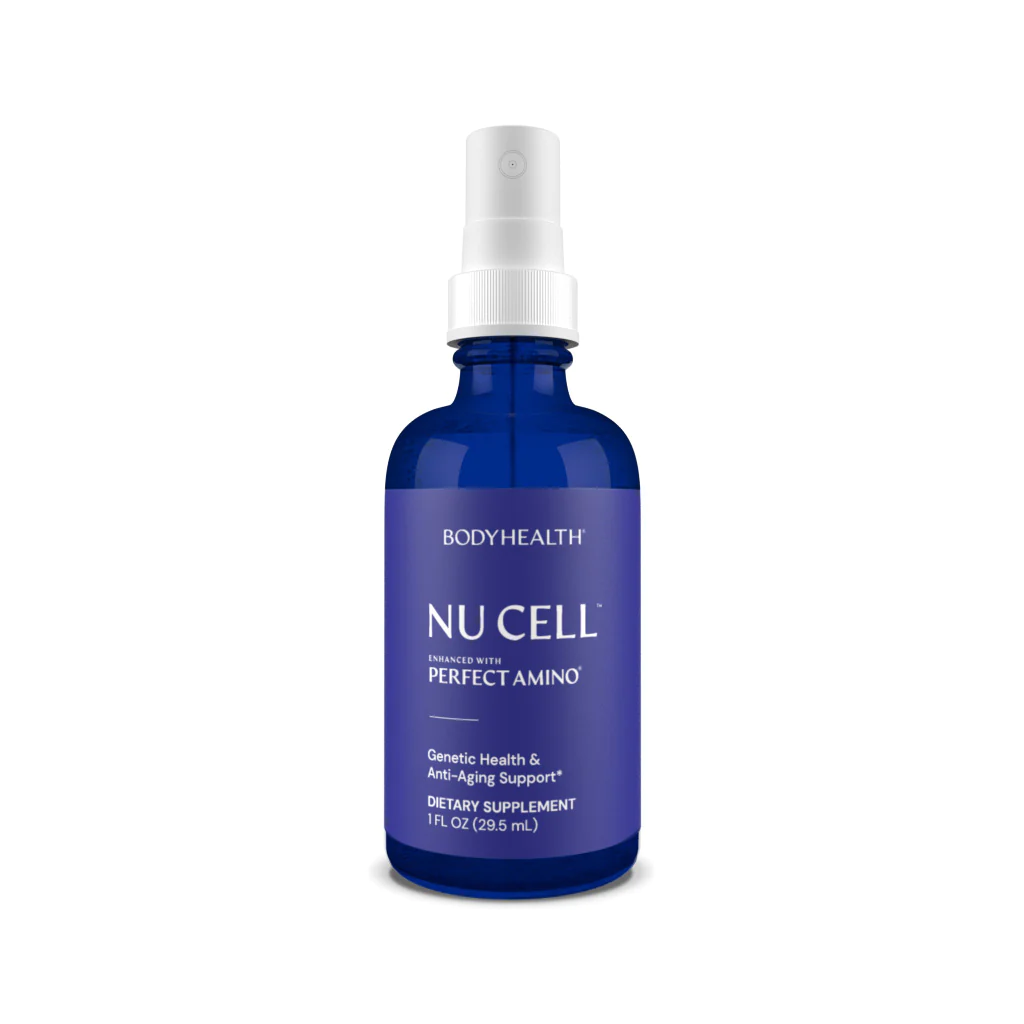
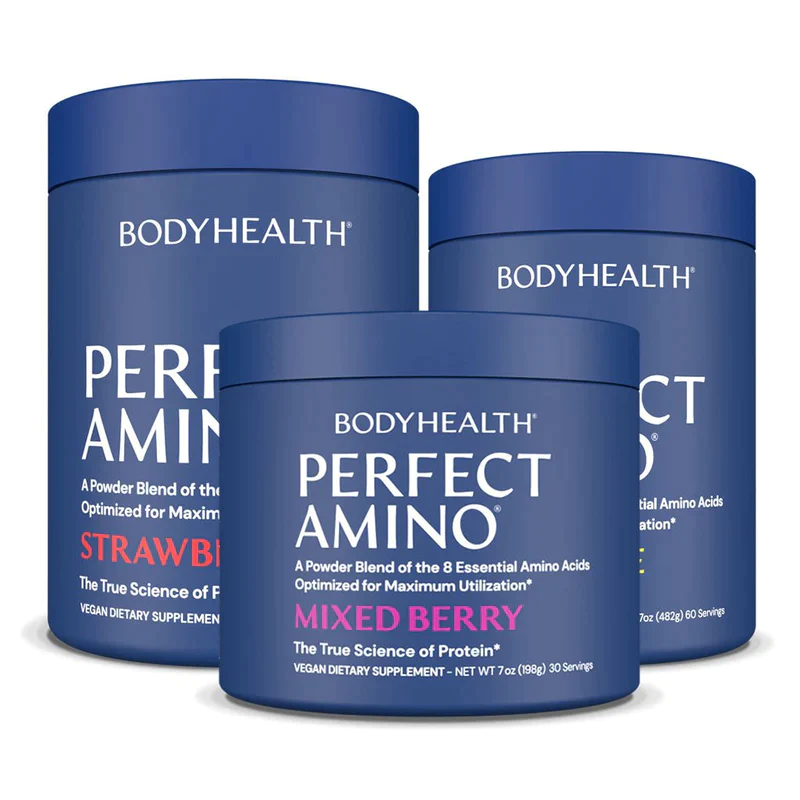
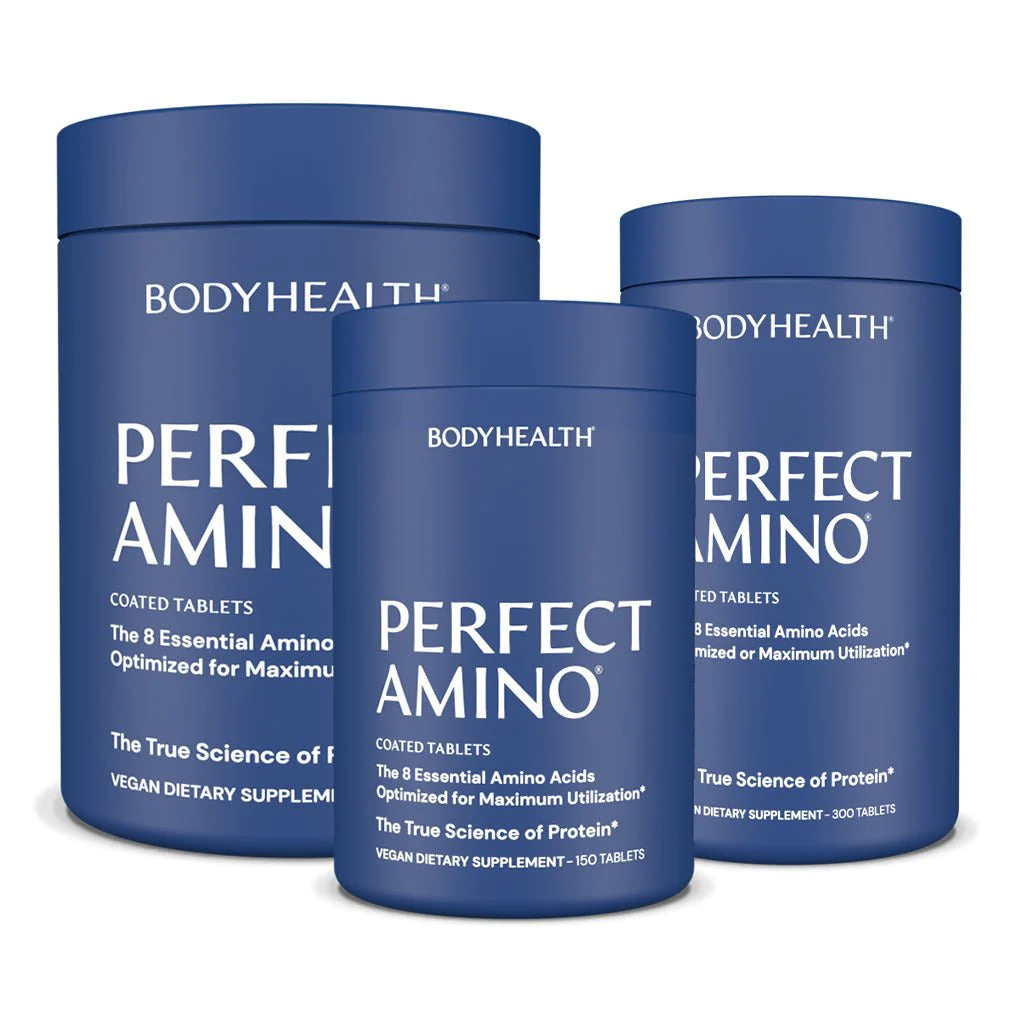
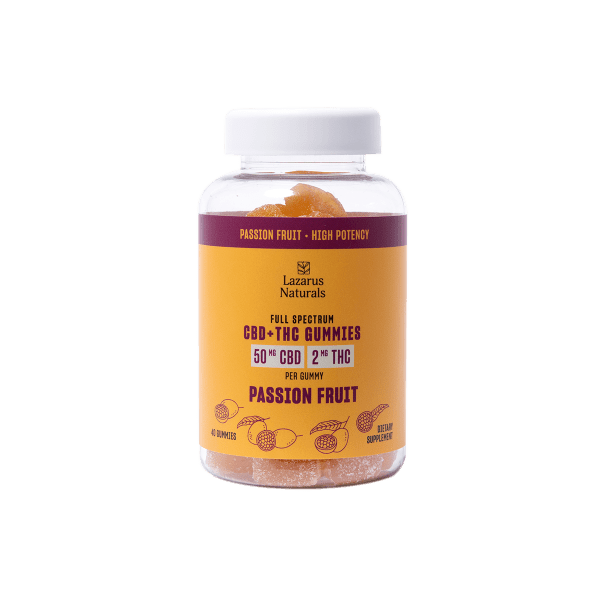


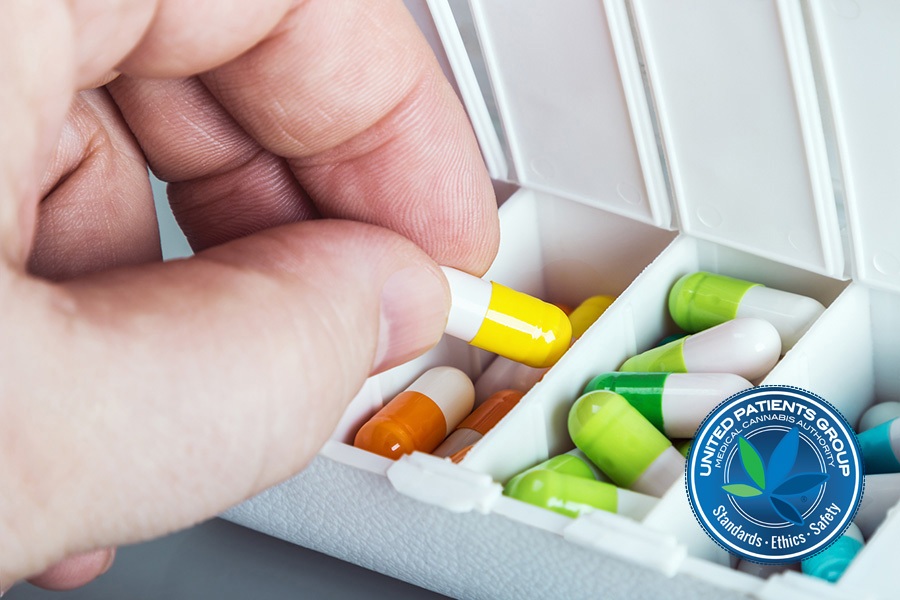



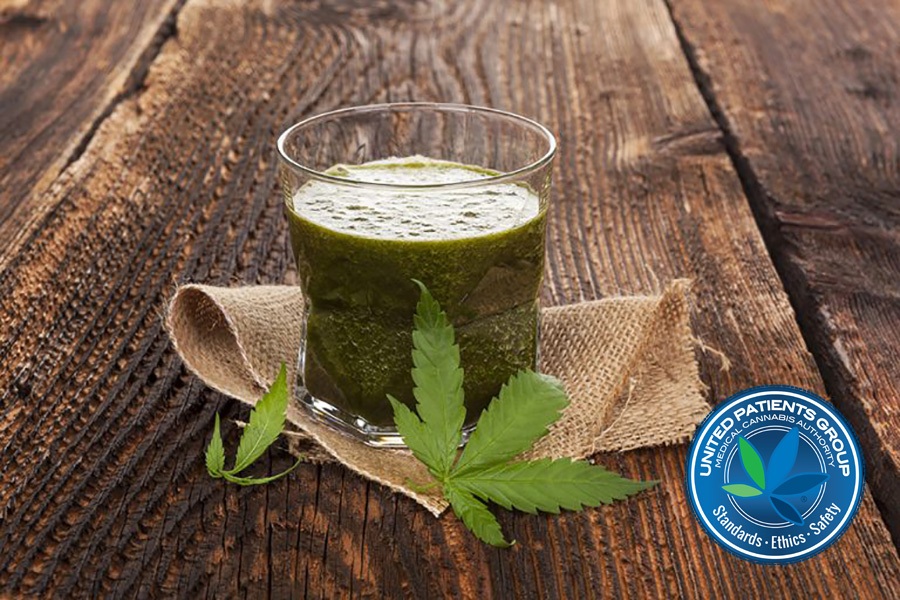


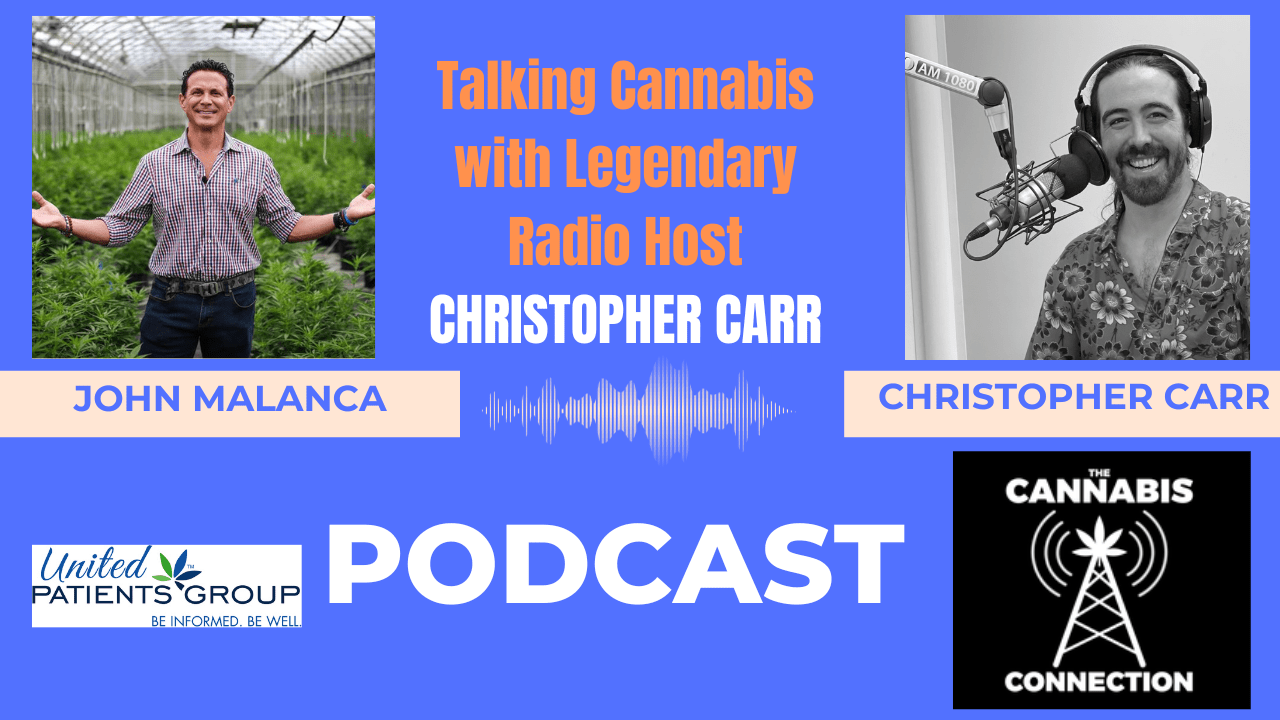
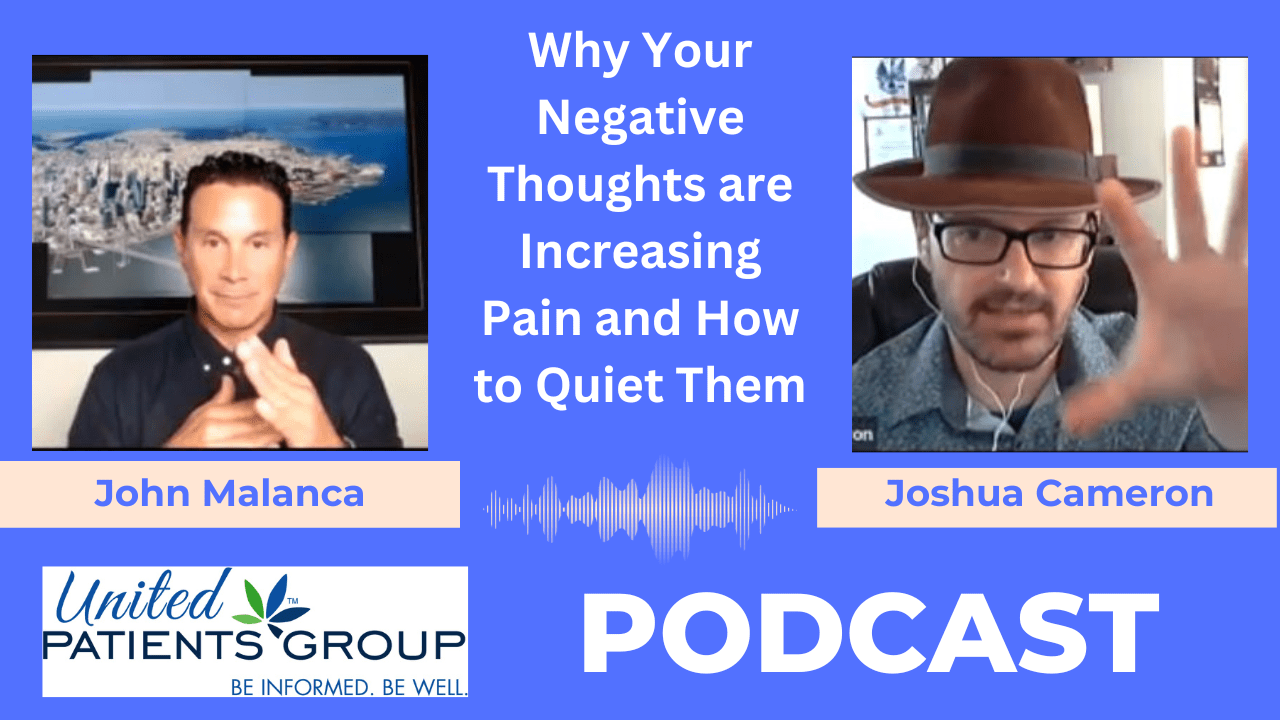
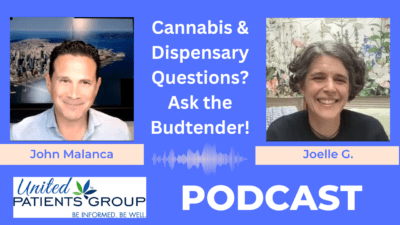
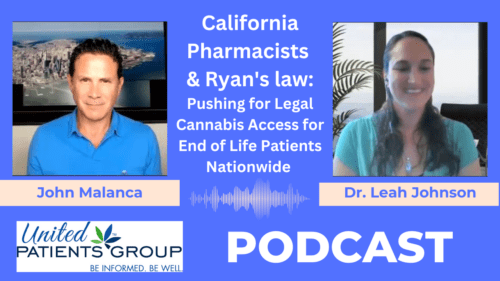


















Leave a Reply Cancel reply